Haitian students turn to poetry as conflict grips their homeland
Haitian students have shared heartfelt poems full of hope for peace in their ‘sweet country’, following years of conflict and a growing humanitarian crisis since bandits overtook the capital
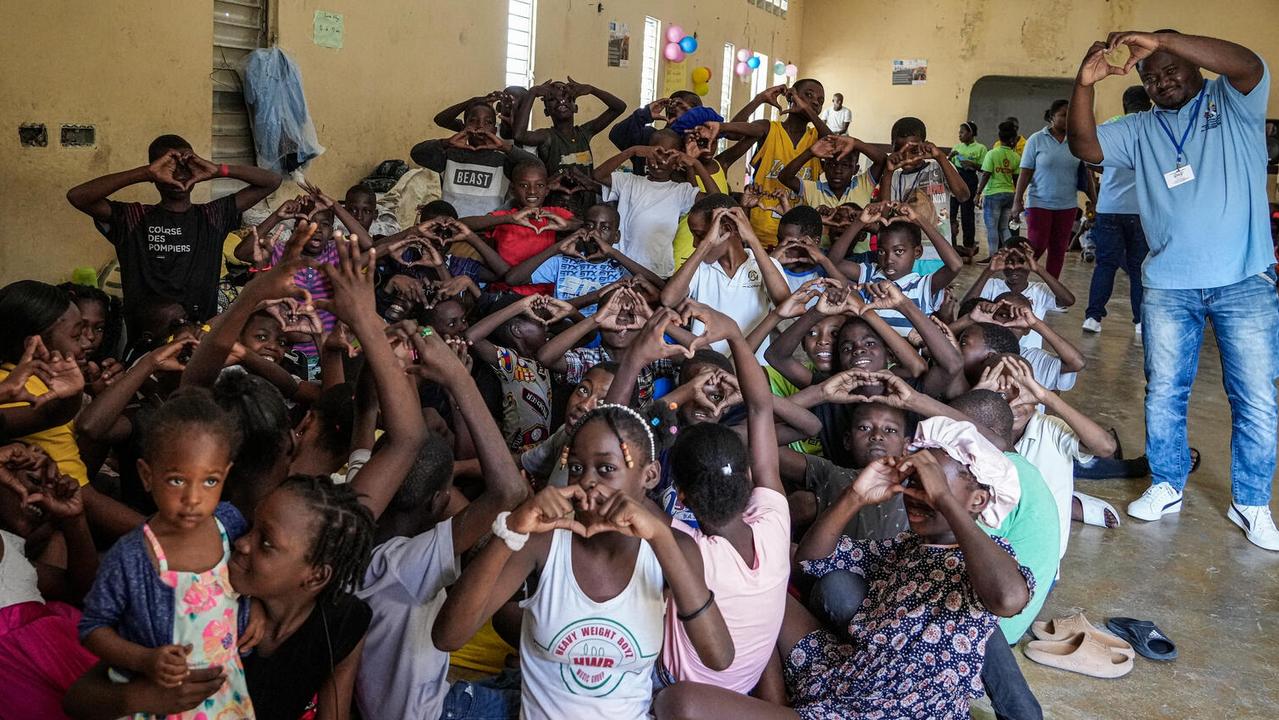
READING LEVEL: RED
Students in Haiti have expressed their hopes for a return to peace in their country by writing heartfelt and poignant poems about their homeland.
The Caribbean country south of the Bahamas has fallen into lawlessness and violence after armed gangs took over the capital Port-au-Prince in February following years of conflict.
International aid agency UNICEF has reported playgrounds have become danger zones and hundreds of schools have closed.
The gangs also stormed the country’s main international airport, police stations and Haiti’s two biggest prisons, illegally releasing more than 4000 inmates.
Cholera’s resurgence amid the chaos has put further lives at risk, as have famine and malnutrition.
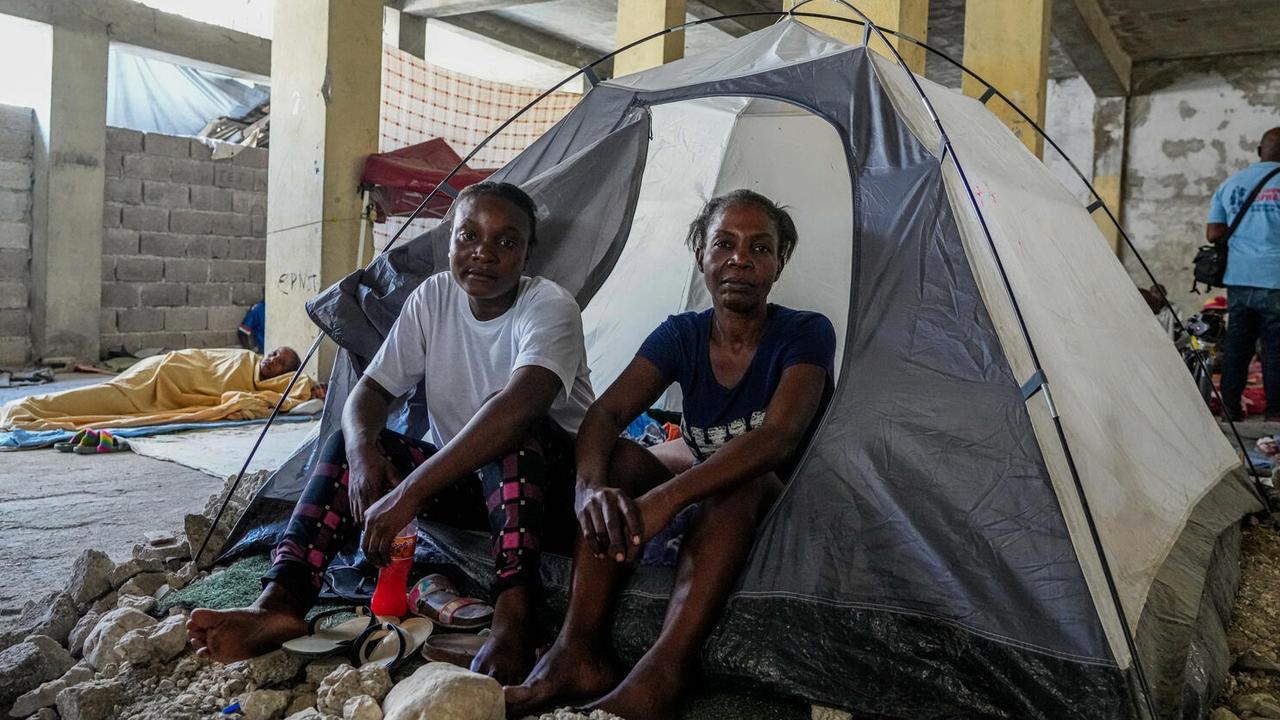
International aid agency UNICEF said two out of three children were in need of humanitarian aid, putting the number in need at three million – the highest number on record.
Many kids have turned to the creative outlet of poetry to express how the conflict has impacted them, through UNICEF’s Poems for Peace platform.
The children’s charity said that Poems for Peace was designed to amplify the voices of children, while highlighting the extraordinary strength and courage of young people calling for a more stable future.
THREE POEMS FOR PEACE
Chris Jordan, 8 years old
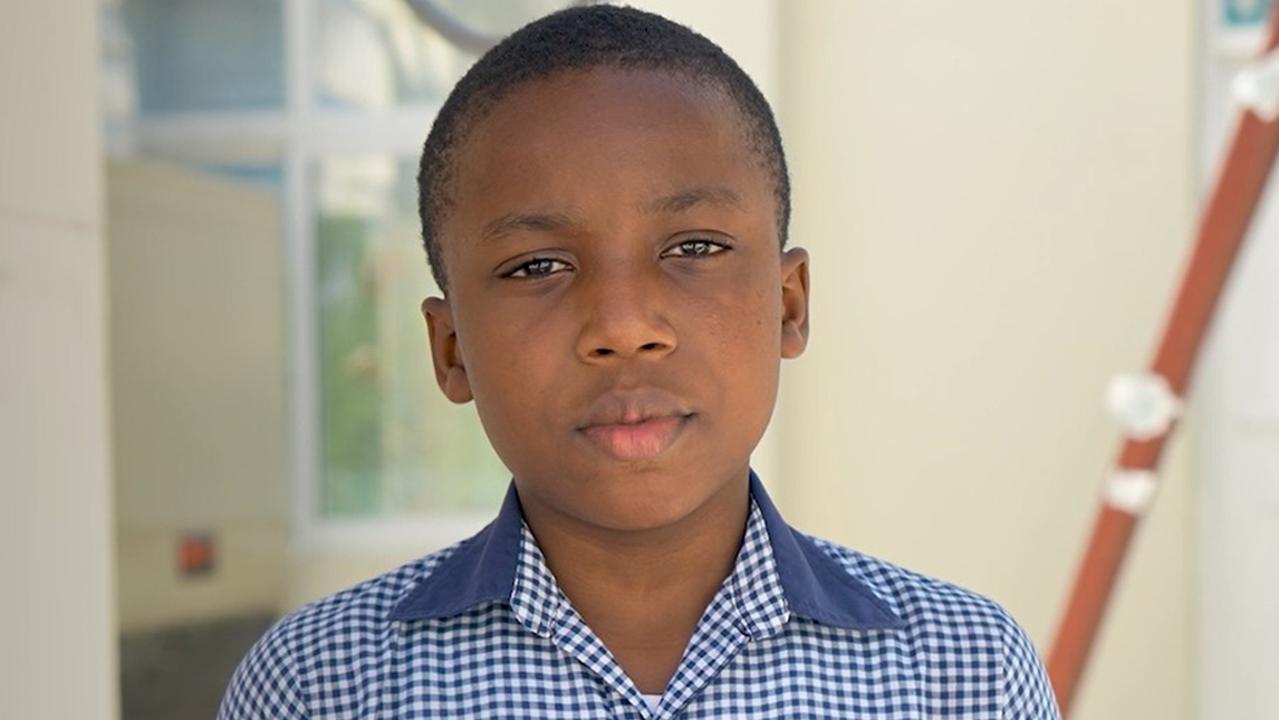
School is good
Writing is good
Haiti is my country
I love each day I pass here
One day I wish to hear no more guns shoot
I like you very much
Please help me
Don’t scare me with bandits
I love you because you are the country of my parents
Long live Haiti, sweet country
WATCH THE VIDEO
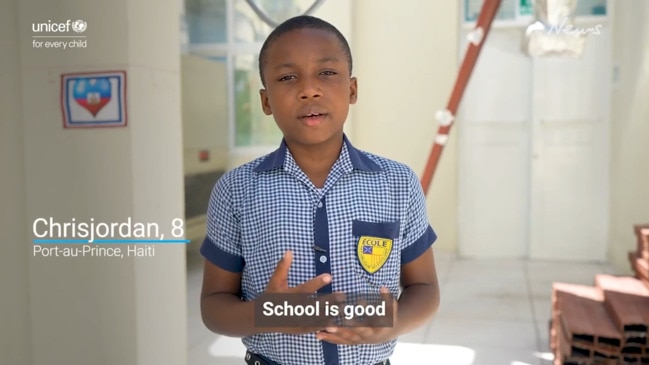
Loudine, 13 years old
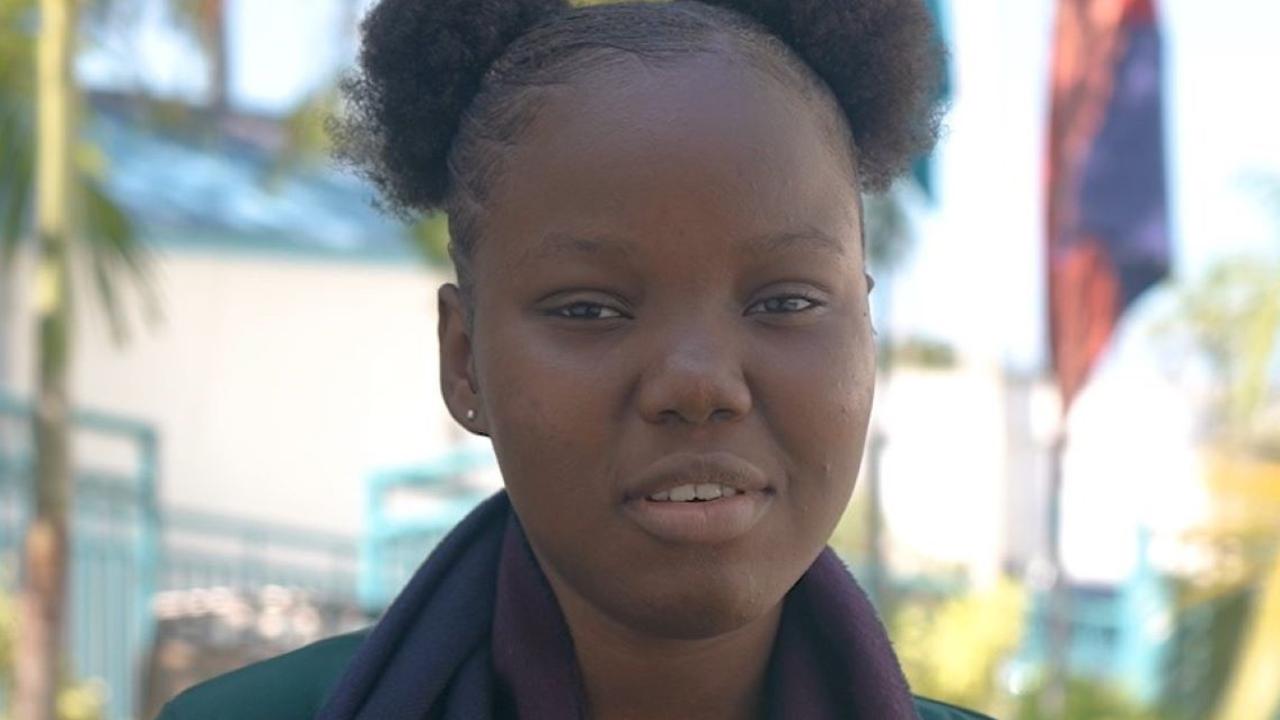
Ever since I was a kid I’ve lived in my country with sadness
Day by day my country is going from bad to worse
A situation where schooling becomes challenging because the country is experiencing a major crisis
Our daily imperative remains the pursuit of effective learning
My country has become a battlefield
Every day people die
People are fleeing their homes with nowhere to go
They sleep on the streets
We can’t eat well
We aren’t living like humans
I’d like to see that change
For my country to regain the peace it once had
When my grandparents tell me how beautiful my country was it brought tears to my eyes
I’d like to see that change for my country as it was
I would like all politicians to join forces
Doing your job the right way
In this way my country will regain the peace it had long ago
We will live together with the strength of unity
We will succeed in building a cherished Haiti
WATCH THE VIDEO
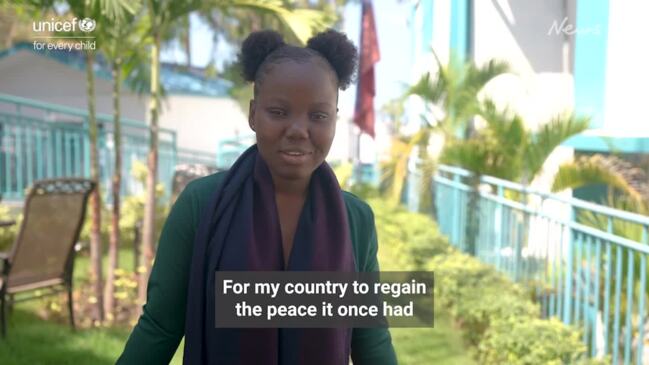
Ronialissa, 17 years old
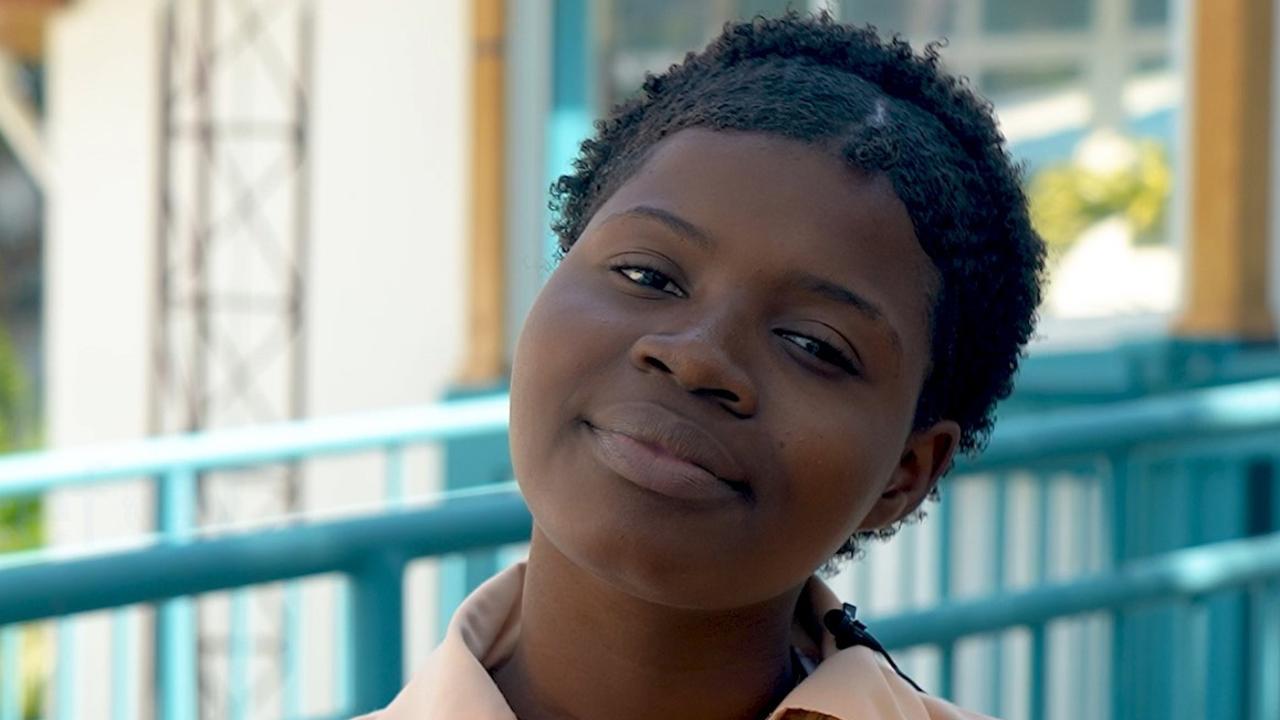
Haiti, my heart beats for you
Like a drum singing peace
A love that plays the drum, where hate is spreading
We are in an unsafe country
Every day we ask where this country is going
In this country there is no joy
Haiti, my little country, where are you?
I remember my grandfather telling me how beautiful you were
I want more than anything is for Haiti to come back
I want happiness to come back and for all the anxiety to go away
So that there will be no more worry or sorrow
I believe you’re going to change
I put my hope in you
I believe God will let me see you change
This is my prayer for Haiti
WATCH THE VIDEO
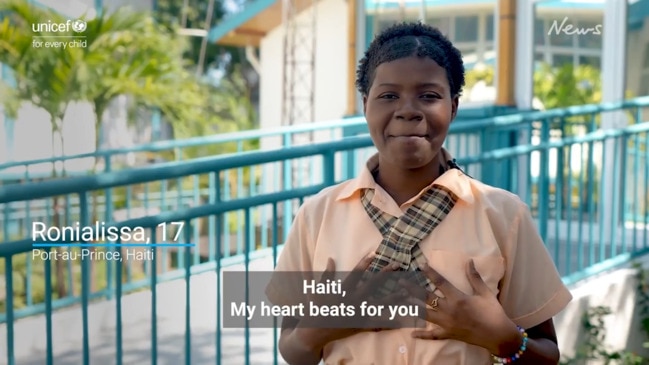
HUMANITARIAN AID BRINGS HOPE
UNICEF and its partners have been working tirelessly to protect children and their families by offering mobile clinics to deliver medical attention, including vaccinations and nutritional services.
Aid services have also helped to deliver fresh drinking water – a lifesaving essential in the prevention of cholera, a disease transmitted through unclean water, and dehydration.
A remote learning program has also started up for kids missing out on an education. The program is being broadcast on Haiti’s national radio service.
UNICEF executive director Catherine Russell called on the international community to do more to protect families at risk in Haiti.
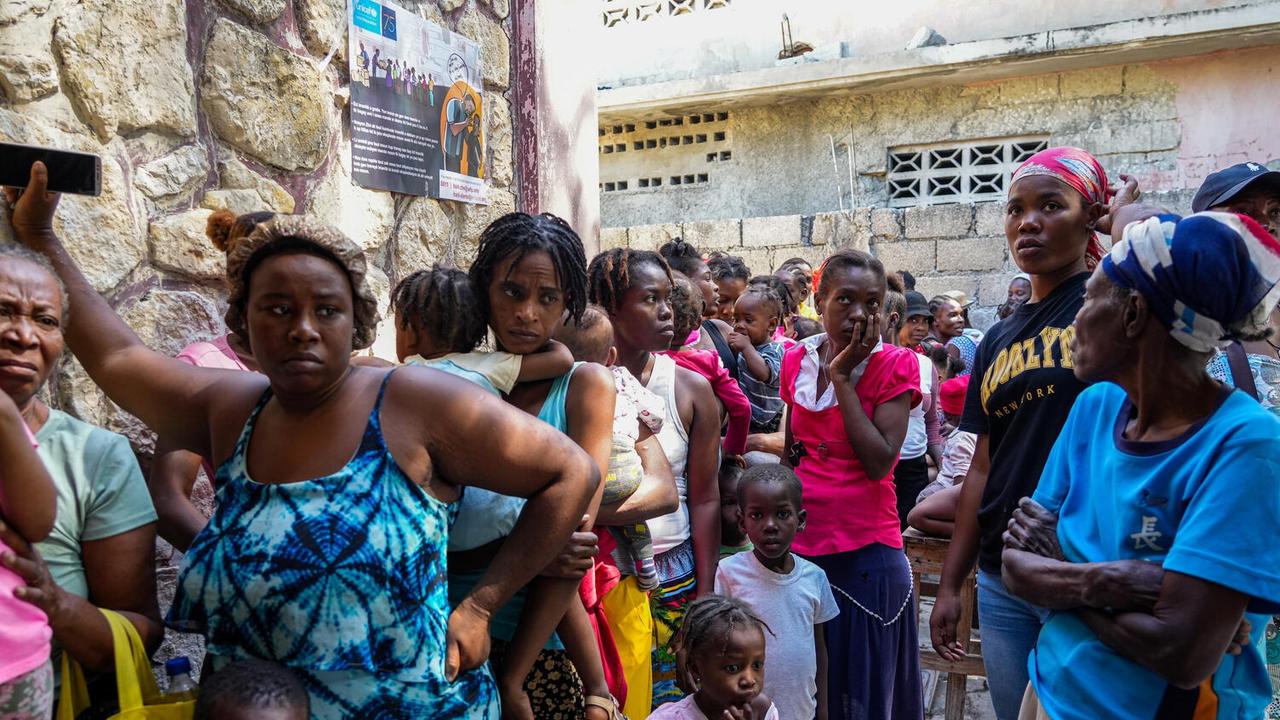
“The people of Haiti have already endured so much, including decades of political instability, poverty, a talent drain of teachers, health and social workers fleeing the country, and a medical system that doctors in Haiti say has collapsed,” she said.
“But it doesn’t have to be that way. Despite all the obstacles, the humanitarian system is still delivering lifesaving support, and the people of Haiti – teachers, medics, mothers and fathers – continue to brave the dangers to show up for work and care for the country’s women and children.
“The international community needs to work with the Haitian people and seize this moment to stop Haiti from spiralling further out of control. Now is the time to act with urgency and together with the Haitian people.”
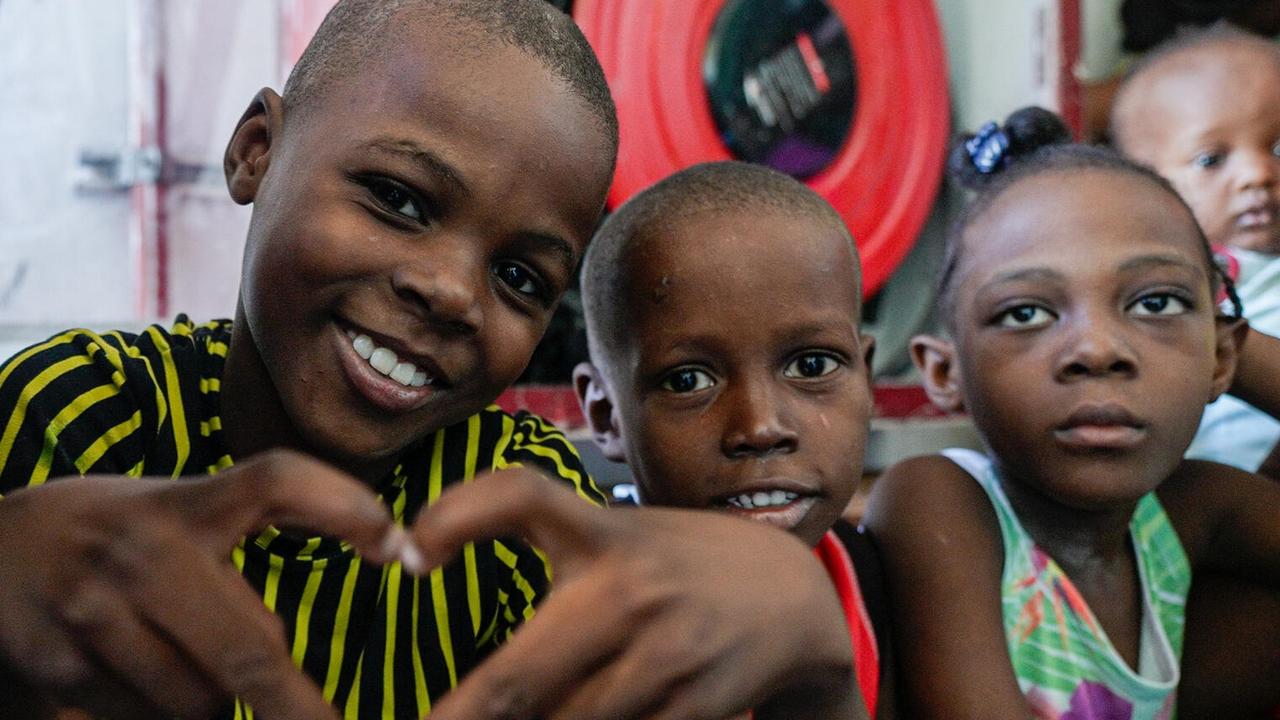
POLL
GLOSSARY
- poignant: touching
- resurgence: something happening again
- cholera: an infectious and often fatal bacterial disease of the small intestine, usually transmitted through unclean drinking water
- amplify: make louder or broadcast further
- imperative: absolutely necessary or unavoidable
EXTRA READING
Tween girl could rule North Korea
Putin wins presidential election
Australia calls for ceasefire in Gaza
QUICK QUIZ
1. How is poetry being used to help kids in conflict-torn Haiti?
2. What imagery did 17 year old poet Ronialissa use in her poem?
3. What common themes can you find in the three poems?
4. How is UNICEF helping children and their families impacted by violence in Haiti?
5. What health risks are Haitians facing?
LISTEN TO THIS STORY
CLASSROOM ACTIVITIES
1. How can we help?
What do you think countries like Australia could do to help to bring peace for the people of Haiti? Write a list of recommendations or actions. Next to each item on your list, write sentences explaining why you think it will help or bring change.
Time: allow at least 20 minutes to complete this activity
Curriculum Links: English, Civics and Citizenship, Personal and Social Capability
2. Extension
Do you know why Haiti has become such a troubled country? Use your research skills to find out. Use the information that you have found to create a timeline of the events that you think contributed to the current situation.
Time: allow at least 45 minutes to complete this activity
Curriculum Links: English, History
VCOP ACTIVITY
Summarise the article
A summary can be a really good way to grab the main idea plus some key points in the article as a highlight. Think of the summary like a little advertisement or extract you could use to encourage people to read the article in detail. You want to give them an overview of the article that includes the main idea (being able to tell the audience what the article is about in one sentence), plus a few of the key points of the information.
Remember to re-read your summary to check that it is clear, concise and makes sense to the audience who haven’t read the article yet. You need to make language choices that allow you to explain the information in only a few sentences.

